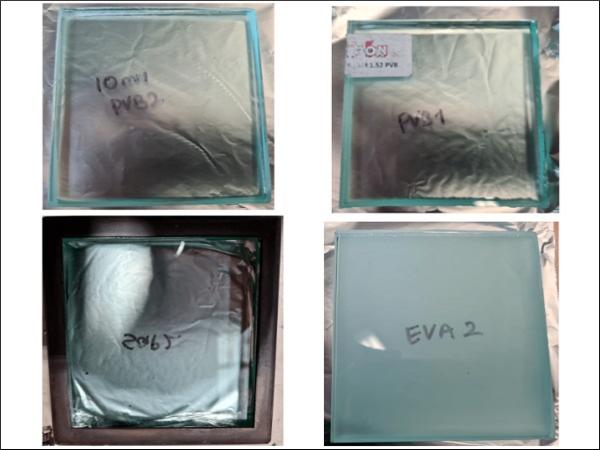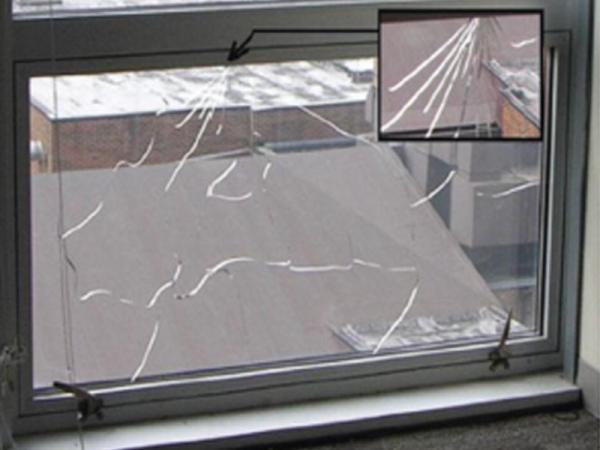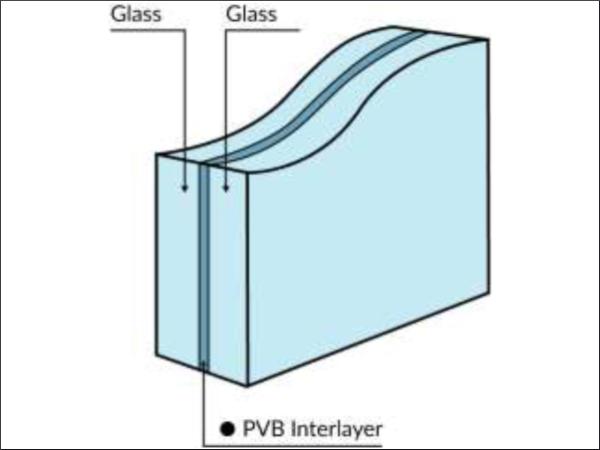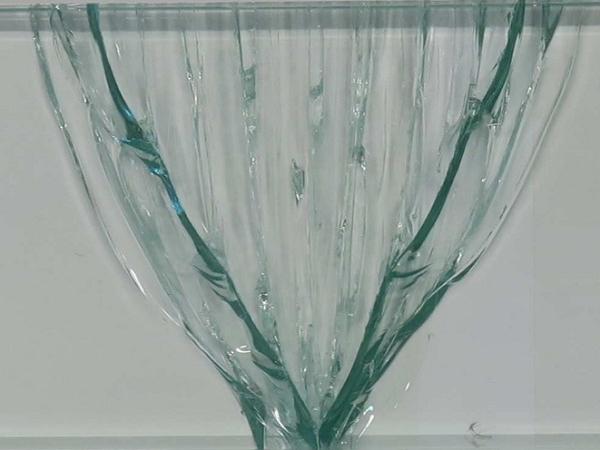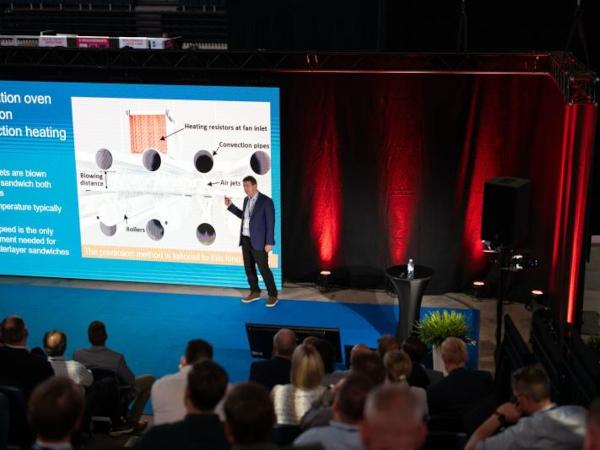Others also read
| This study delves into the critical aspects of fire safety in laminated glass.
| This study describes what to our knowledge is the first full scale fire resistance tests of Timber-Glass composites beams.
| This paper aims to assess the seismic performance of glazed facade systems, widely adopted in modern buildings, focusing on point fixed glass facade systems (PFGFSs), also referred to as “spider glazing”.
| A review of experimental research and main influencing parameters
| This study conducts a survey of the literature to identify and discuss various materials and design approaches incorporated to augment the sustainability of laminated glass.
| In this paper, the attention is given to a glass facade built in 1962 and currently subjected to accidental bird-strike.
| The research paper gives an idea and compares the structural behaviour and fracture pattern and evaluates laminated glass samples with PVB, Ionoplast and EVA interlayers.
| This paper reports on the spectrophotometric characterization of glazings transmittance for the study of components of a modular façade system and its suitability for the climate of Portugal.
| The latest Glastory blog presents how to overcome interlayer temperature hurdles in laminated glass processing with the prediction method. More of the presentation by Mikko Rantala at GPD 2023.
| This article proposes a methodology for the structural design of multi-layered glass beams considering lateral-torsional buckling.
| Given the growing spread of glass as a construction material, the knowledge of structural response must be ensured, especially under dynamic accidental loads.
| The idea was realized in a collaborative research effort of TU Berlin, BTU Cottbus-Senftenberg and Josef Gartner GmbH that resulted in a full-scale mock-up of a Double‑Skin Facade.
| This study investigates the structural behavior of adhesive bonds of glass and metal using thin, structural silicones in heavily constrained applications.
| The current paper explores how digital techniques can be used in the design and manufacturing of an innovative composite façade panel consisting of an additively manufactured polymer core and adhesively bonded thin glass outer sheets.
| In his blogs, Luc Moeyersons covered various subjects related to laminated glass, whether it is automotive, architectural, or photovoltaic.
| Automotive Glass Laminating Guide – Part 6
| This paper presents the results of an original test series carried out on monolithic glass panes with the dimensions of 500 × 500 mm2 and different thicknesses, under the exposure to radiant heating.
| In the present paper, attention is focused on the experimental and Finite Element (FE) numerical analysis of in-service LG modular units acting as pedestrian elements that are affected by partial glass fracture and ordinary walking conditions.
| Automotive Glass Laminating Guide – Part 5
| It is hypothesized that the usage of smart glass in the building envelope can provide optimum solutions to adapt buildings to the variable climatic and environmental characteristics.
| In the latest Glastory blog, Jukka Immonen shares some practical tips for optimizing energy consumption in automotive glass production. From preprocessing to final inspection, there is huge potential every step of the way.
The influence of fracture pattern on the residual resistance of laminated glass at high strain-rates
| An experimental investigation of the post-fracture bending moment capacity based on time-temperature mapping of interlayer yield stress
| Fins are used as decorative (aesthetical enrichment of the facade), functional (sunshade) and structural (stiffening and load-bearing) elements of the facade.

